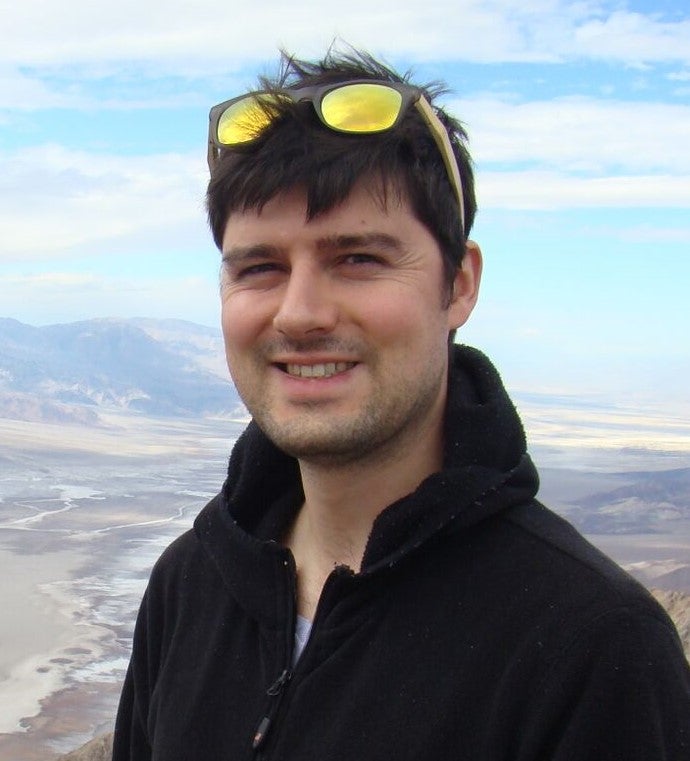How does urbanization change watershed scale biogeochemistry in cold regions? Lessons from Southern Ontario

Abstract:
More than half of all people now live in urban areas, and this proportion is expected to increase to two-thirds by 2050. Understanding the effects of urbanization on biogeochemical cycles and aquatic ecosystem services is a grand challenge for science. In this presentation, I take the view that the effects of urbanization on biogeochemistry result from an interaction of human infrastructure with the local environment. Consequently, efforts to understand the global effects of urbanization must take a regional approach. I will discuss two issues related to urban effects on biogeochemistry in cold regions: i) Sediment and nutrient transport from urban areas to aquatic ecosystems; and ii) the fate of road salt de-icer use and effects on aquatic ecology. Drawing on examples from my own research, I demonstrate that urban biogeochemistry is best approached through multidisciplinary approaches including field research, computer modelling, and statistics. I also argue that significant advances are required to the contemporary modelling practice, if models are to be used to anticipate the effects of land use changes such as urbanization.